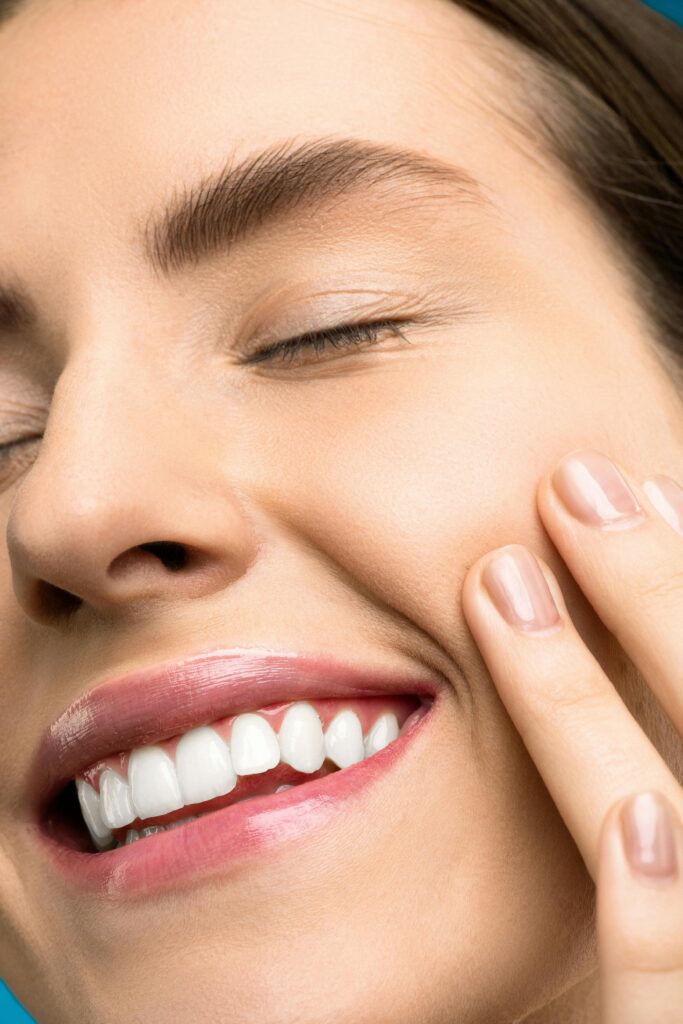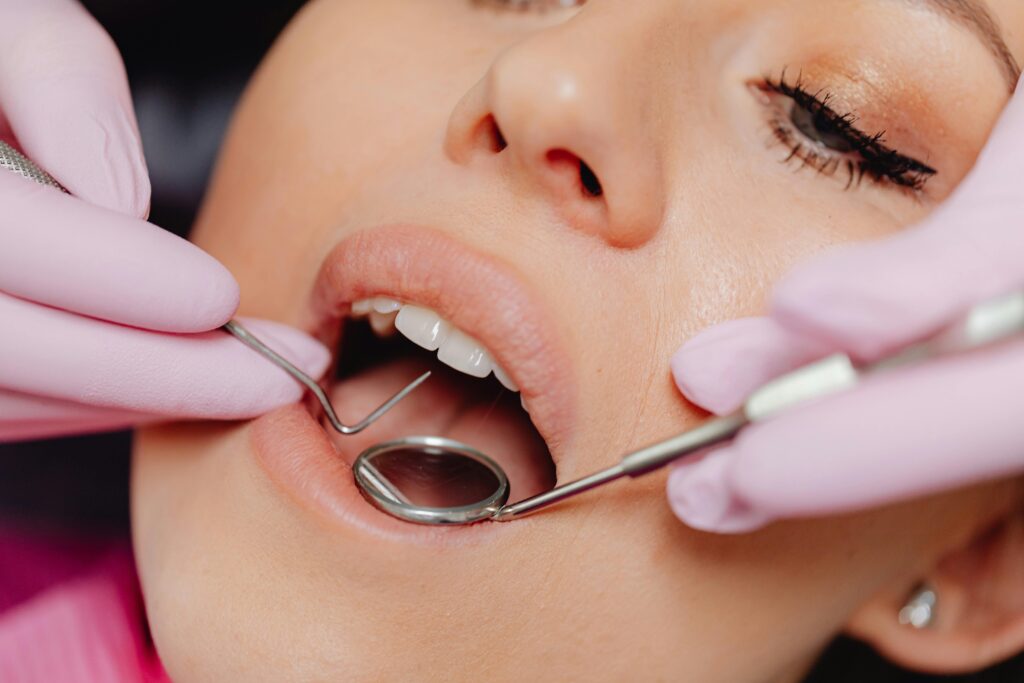Friends, many people have the problem of Teeth Grinding, due to which the partner sleeping with them is not able to sleep well, so today we will discuss Tips for Bed Partners of People Who Grind Their Teeth And Effective Strategies For Managing Nighttime Teeth Grinding.

* Key Takeaways.
- Treatment for teeth grinding focuses on managing discomfort and avoiding triggers.
- Mouth exercises and massages can help alleviate pain and relieve muscle tension caused by teeth grinding.
- Mouthguards, stress reduction, and medication may reduce or eliminate sleep disruptions and tooth damage.
- If you grind your teeth or clench your jaw at night, consult your doctor or dentist.
* Understanding Bruxism.
Bruxism is the involuntary clenching and grinding of teeth. In sleep bruxism, this forceful grinding happens during sleep. It is most common in children, adolescents, and young adults but can affect individuals of any age.
During sleep, individuals may exert significant pressure—up to 250 pounds of force—while grinding their teeth. This can wear down teeth, cause jaw and neck pain, induce headaches, and lead to long-term temporomandibular joint (TMJ) problems.
Although there is no complete cure for teeth grinding, treatment can reduce its frequency, minimize its impact, and relieve symptoms. Additionally, home care tips can help manage sleep bruxism more effectively.

You Can Also Like This Post:- How To Stop Clenching Fists In Sleep
* Treatments for Sleep Bruxism.
Not everyone with sleep bruxism requires treatment. However, frequent symptoms like morning headaches, jaw pain, unrefreshing sleep, or the risk of long-term tooth damage may necessitate treatment.
Sleep bruxism treatment typically involves managing pain and other symptoms while reducing the severity of teeth grinding and its potential consequences. It’s crucial to consult your dentist or doctor, who can recommend the best treatment for your specific situation.
* Home Care Tips for Coping With Sleep Bruxism.
Several home care tips can help prevent and address irritation of the teeth, jaw, and neck from sleep bruxism.
- Avoid hard foods like nuts, popcorn, and hard candies.
- Be cautious with sticky foods like peanut butter.
- Don’t chew gum.
- Adjust your sleeping position or pillow for better head and neck support.
- Use a hot compress or ice pack to soothe pain.
* Mouth Exercises for Sleep Bruxism.
Several mouth exercises can help reduce pain and improve jaw range of motion. Performing these exercises several times a day can help relax and stretch the muscles involved in tooth grinding and clenching.

yOU mUST rEaD tHIs:- How To Sleep With Retainer Pain
One effective exercise involves.
- Closing your lips gently while preventing your top and bottom teeth from touching.
- Pressing your tongue against the roof of your mouth without it touching your teeth.
- Holding this position for as long as possible.
* Another exercise to help with jaw movement involves.
- Place your hands on your TMJ joints (where the lower jaw connects).
- Slowly opening your mouth.
- Holding your mouth open for 5-10 seconds.
- Slowly close your mouth.
- Performing this exercise three times a day for 10 minutes each session.
Consult your doctor or dentist to develop a specific exercise routine. A referral to a physical therapist can ensure you perform the exercises correctly to avoid injury and achieve maximum muscle relaxation.
* Massage.
Head-and-neck massages can relieve muscle tension and pain related to teeth grinding. A massage therapist or physical therapist can demonstrate techniques for relaxing the jaw and nearby muscles.

* Mouthguards.
Mouthguards, also known as night guards or dental splints, are worn during sleep to combat teeth grinding. These devices hold the jaw in a specific position or provide a barrier to minimize tooth damage from grinding. Some mouthguards position the jaw slightly open, allowing the chewing muscles to relax throughout the night.
While they don’t cure sleep bruxism, mouthguards can reduce the impact of bruxism, decrease tooth wear, lessen morning headaches, and improve sleep quality.
Another type of mouthpiece, a mandibular advancement device (MAD), is used to reduce chronic snoring and mild obstructive sleep apnea. A MAD holds the lower jaw forward, helping to keep the airway open and sometimes limiting teeth grinding. This is typically used when bruxism occurs with sleep apnea.
While some mouthguards and MADs are available over-the-counter, many patients get custom-fitted devices from a dentist.
* Stress Reduction.
Stress is a common contributor to teeth grinding. Relaxation techniques can help manage stress, and better sleep can improve your ability to respond to stress healthily.
* Medications.
In severe cases that persist despite conventional treatment, medications may be considered. Although medications for bruxism may not always be effective and have potential side effects, they can help reduce activity in the facial muscles. Discuss the risks and benefits of medication with your healthcare provider before starting treatment.

* Tips for Bed Partners of People Who Grind Their Teeth.
Bed partners often struggle with the noise of teeth grinding. The following steps may help them sleep better.
- Encourage your partner to seek treatment from a doctor or dentist.
- Wear earplugs or headphones to block out the noise.
- Use a fan or white noise machine to create background sounds that mask the grinding noise.
When to See a Doctor About Sleep Bruxism.
If you experience pain in your mouth, jaw, or neck from grinding your teeth, consult your doctor or dentist. Sleep bruxism can cause significant harm to your oral and sleep health, and a healthcare professional can help prevent more serious issues.
A doctor or dentist can also determine if your teeth grinding is associated with other conditions, such as obstructive sleep apnea (OSA) or gastroesophageal reflux disease (GERD), which may require further testing or treatment.


2 thoughts on “Effective Strategies For Managing Nighttime Teeth Grinding IN 2024”